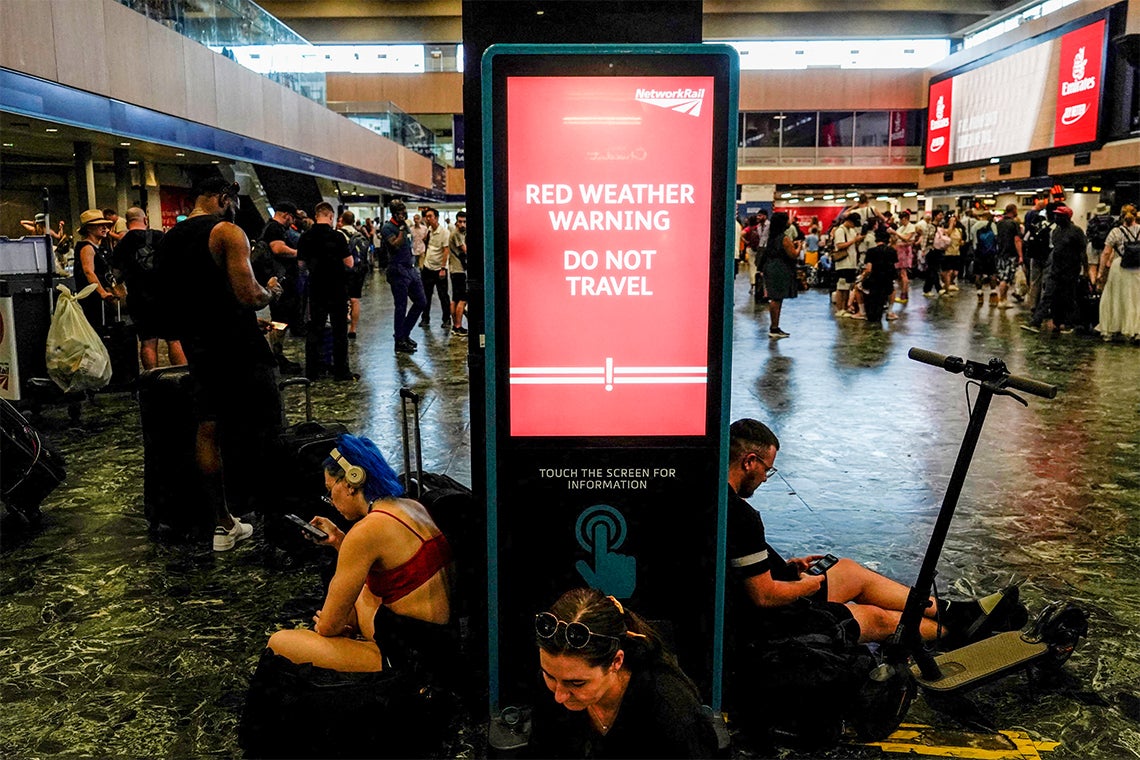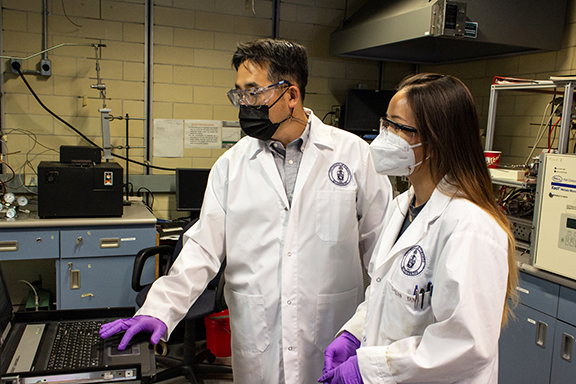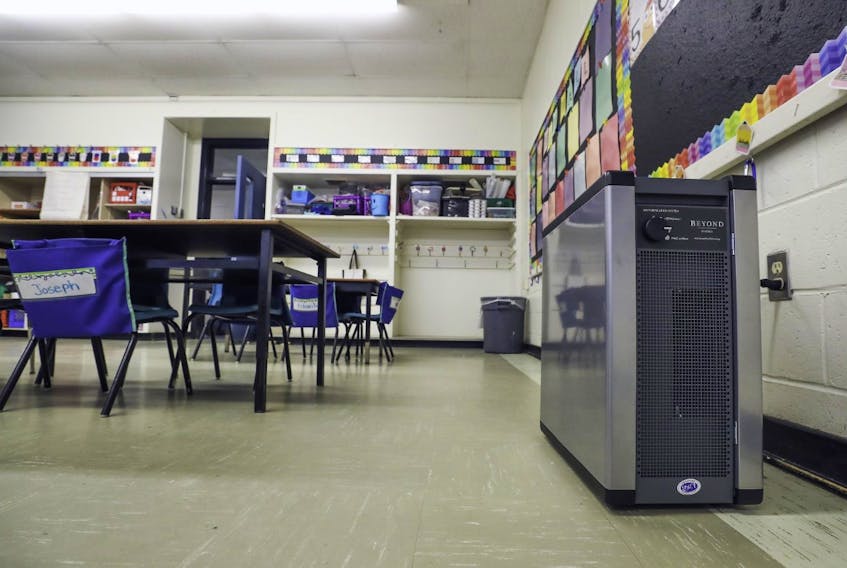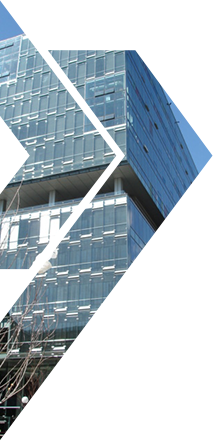September 15, 2022
We're hiring for a Post-doctoral Fellow!

The Southern Ontario Centre for Atmospheric Aerosol Research (SOCAAR) is
searching for an outstanding post-doctoral fellow (PDF) interested in pursuing
multidisciplinary environmental research and making a meaningful contribution to
important social issues. Specifically, we are seeking an individual for a two to three-year
position to take a lead role in a new study on non-tailpipe particulate matter. Learn more about the opportunity here
September 6, 2022
AirSENCE Joining the University of Toronto to Start “Measuring Air Quality to Manage Canada's Investment in Sustainability”

We’re excited to announce the start of an NSERC Alliance Missions funded joint project between the Southern Ontario Centre for Atmospheric Aerosol Research at the University of Toronto and A.U.G. Signals Ltd. (AUG) to manage Canada’s investment in sustainability through measuring air quality. Read more
July 21, 2022
‘Look after each other’: U of T researcher on the threat posed to cities by extreme heat – and how to respond

U of T News spoke with Prof. Jeff Brook about the effects of heat islands and what we can do to respond to severe outcomes of heat waves in the short term.Read more
July 19, 2022
The rising concern of non-tailpipe emissions

For over 15 years, scientists, graduate and undergraduate students from SOCAAR have been monitoring air quality and crunching enormous amounts of data in partnership with the Ontario Ministry of the Environment Conservation and Parks, as well as Environment and Climate Change Canada. Read more
July 13, 2022
Sweltering Cities

Prof. Jeff Brook hopes the maps develop through the HealthyDesign.City program can help urban planners and public health officials identify vulnerable parts of town before the next deadly heat wave hits. Read More
June 23, 2022
The fight to crack down on air pollution from Toronto’s traffic has stalled

Prof. Jeff Brook tells Narwhal in the interview that, "Likely, areas that are having lots of traffic or traffic noise or traffic air pollution, on balance, tend to have lower property values and lower housing costs,” Read more
April 21, 2022
Canadians can make significant health gains by reducing traffic-related air pollution, report says
:format(webp)/cloudfront-us-east-1.images.arcpublishing.com/tgam/UN5V3MJ7RVGC7PV5HBL5BGX73I.JPG)
Prof. Jeffrey Brook speaks to the Globe and Mail about the significance of the latest CAPE report on the health impacts of traffic-related air pollution. He said the CAPE report draws attention to “win-win-win” opportunity to make gains on climate change, health and environmental equity all at once by moving to low-emissions vehicles and related changes that benefit air quality around transportation corridors. Read more
March 19, 2022
Ventilation data clears up air quality questions in Ottawa's city-run LTC homes

Prof. Jeffrey Siegel weighs in on the ventilation data collected from four of Ottawa's city-run LTC homes Read more
March 11, 2022
Design experts rethink the workspace as pandemic restrictions ease across Canada

Jeffrey Siegel, a professor of civil engineering at the University of Toronto who studies design and air ventilation issues, said he hopes the lessons learned in the pandemic help improve air quality at many work sites. Read more
February 20. 2022
Omitting indoor air quality from COVID-19 guidance for shelters and long-term care homes is a grave mistake

Prof. Jeffrey Siegel and other experts from the University of Toronto and Queen's University published an article in The Conversation on why "Omitting indoor air quality from COVID-19 guidance for shelters and long-term care homes is a grave mistake" Read more
January 16, 2022
Research on HEPA filters and COVID is slim, but some experts are optimistic

Prof. Jeff Siegel told Cross Country Checkup In an interview that he believes air purifiers should have been added to classrooms back in 2020, and that air quality in schools more broadly is too often overlooked. Recent HEPA filter additions are "better than nothing," he said. Read more
Engineers question Nova Scotia's air quality plan for schools
January 13, 2022

In an interview with Chronicle Herald, Prof. Jeffrey Siegel said for effective filtration in a space, the air cleaner should be able to handle about five or six volumes of room air an hour. Read more

